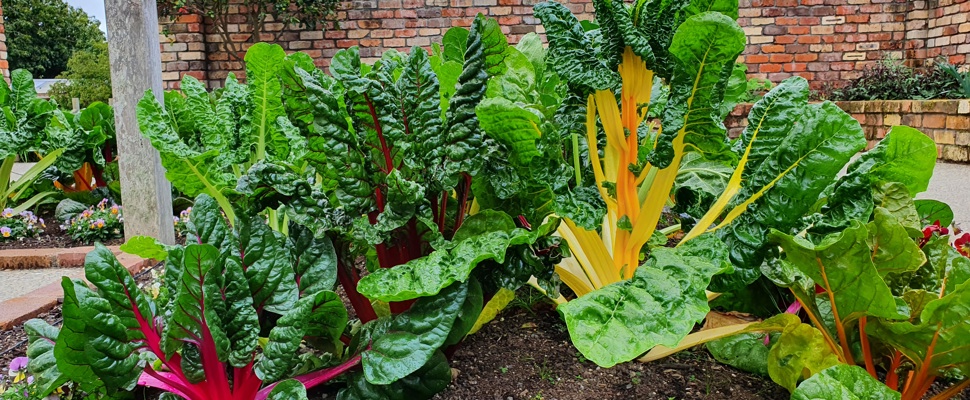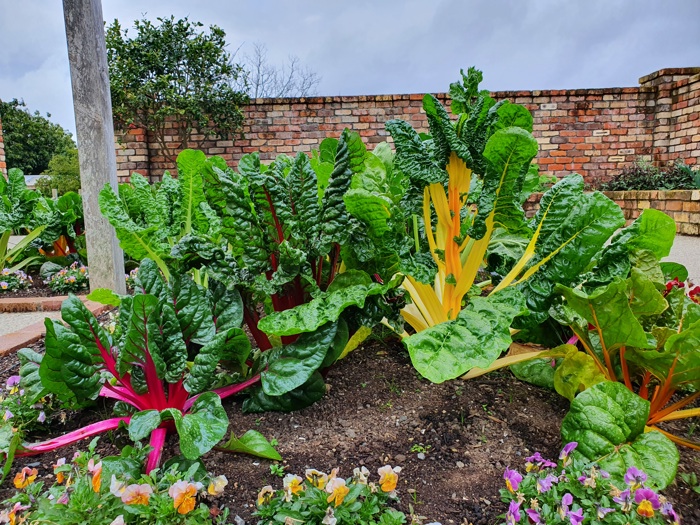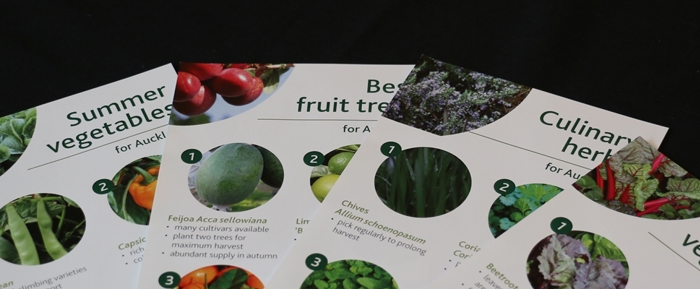
The great gardening boom
The sun is shining on a gardening renaissance
Gardening is having a renaissance. The coronavirus pandemic has turned people's attention closer to their local environments, including gardens, great or small.
Across the world garden centres have reported increased sales, renewed interest and higher demand for plants and plant advice. In New Zealand, seed suppliers ran out of popular lines during the first lockdown, and local garden centres have been busy ever since the country reopened.
And Auckland Botanic Gardens is here to tell you that this makes sense. Gardening is good for you, it can nourish the body, the mind and the soul.
Gardening connects us more deeply with the seasons, with the climate and with the place in which we live. There is something deeply satisfying in nurturing a plant to harvest or to bloom; from growing your own tomatoes to planting a bulb in late summer that sends forth bright flowers at the end of winter.
As the British thinker Oliver Burkeman says: “To stay sane, you need at least one foot firmly planted in your world”, and gardening can do that. The pace of gardening is also a counterbalance to the online world of news, events, clicks and scrolls.

The beautiful colours of silverbeet 'Rainbow Lights'. Picture: Joanna Fieldes
Like all worthwhile things, gardening is not without frustrations and failures. But that is where Auckland Botanic Gardens is here to help.
Our gardeners have been testing, growing, and observing plants for 30 years. Their knowledge has been gathered into a searchable and easy to understand database called Plants for Auckland. It can help you find the right plant for the right place with the right advice to ensure it grows well.

Leaflets showing our top recommendations for edible plants suited to Auckland conidtions.
A lot of the renewed interest in gardening is in growing vegetables for the table but anyone new to gardening should be warned that success in growing vegetables may lead to a lifelong interest in growing plants in general, with floral beds, ornamental trees, hedging, containers, rock gardens and scented specimens all waiting in the wings.
Spring is the time for growing vegetables (most other planting should be done after the first autumn rains and into winter). Here is our handy guide for planting herbs and veggies:
1. Find a spot
When creating a vegetable garden, the first step is finding the right spot. While the optimal amount of sun will vary from plant to plant, most herbs or small veggies need between four and six hours of sunlight a day. Steer clear of shadowy areas or damp corners and find somewhere light, dry and sheltered from the elements. If your cosy apartment balcony doesn’t quite fit the bill, smaller herbs and veggies can flourish on kitchen windowsills.
2. Pick your plants
While you might love apricots, a smart gardener knows not all plants will thrive in Auckland’s conditions. Luckily for you, we have been doing lots of testing, collating a list of the best edible plants for our region’s climate. Star performers include basil, oregano, tomato and lettuce, with the full list available here.
3. Healthy soil
Healthy soil makes for healthy and happy plants, so it's worthwhile spending a little time getting it right. The ideal soil is dark and crumbly, rich in minerals and has a neutral pH level. If you’re working with a backyard or grassed area, your first step is to identify the type of soil, whether it’s clay, loam or sandy. You can add necessary minerals or organic matter like compost to improve the quality of your soil. Sound confusing? Come and talk to us or attend a local Compost Collective workshop. If you’re starting from a grass-less spot like a balcony or tiled patio, make sure you fill raised beds and pots with high-grade bagged garden soil that is compatible with Auckland conditions and add a fertiliser such as sheep pellets or blood and bone.
4. Water well
If two parts of the puzzle are sun and soil, water is the final piece for a thriving veggie patch. A simple rule is don’t water too often, but when you do, make sure it’s done thoroughly. You want the soil to be damp but not drowned, so water in slow increments until the water begins to pool on the surface.
Remember Auckland is still in a drought so there are restrictions in place, composting is great for holding water and keeping your plants healthy.
5. Complementary flowers
A veggie garden doesn’t mean no flowers, you can plant some complementary flowers such as lavender or calendulas will attract bees and improve growth.
Got questions, qualms or queries? Whether you’re uncertain if silverbeet suits your balcony environment or can’t tell loam from clay soil, we’re here to make your edible garden a walk in the park. Pop in for a visit and chat with our team or read through the easy-to-use online leaflets and resources on the Edible Gardens page.